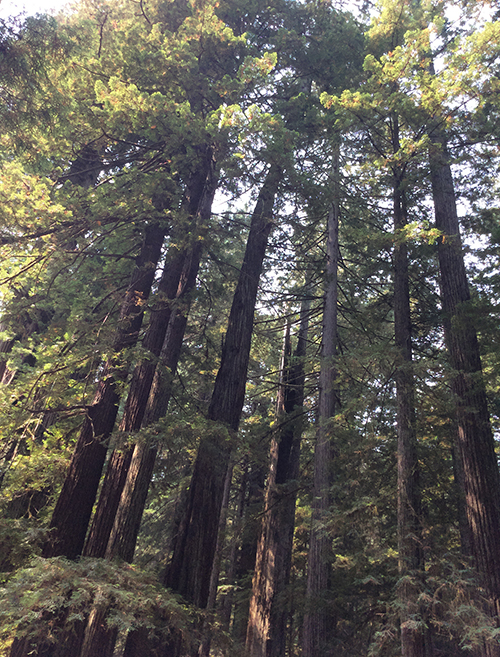Da’luk Youth Program Resources
Local Native Health and Wellness
United Indian Health Services offers behavioral health, medical and dental services, as well as a host of youth and adult programming. http://unitedindianhealthservices.org/
Two Feathers Native American Family Services offers behavioral health, child welfare, and social services to Native peoples, as well as host a speaker series on their Facebook page. https://twofeathers-nafs.org/
National Native Health and WellnessNational Indian Child Welfare Association has a number of resources for those who are looking for information on Indian child welfare matters. https://www.nicwa.org/families
The National Indigenous Women’s Resource Center is a wellness and advocacy non-profit in support of Native women and children. https://www.niwrc.org/
Red Women Rising is a non-profit that has resources for women who are survivors of domestic violence. http://redwomenrising.org/
WeRNative is a website for and about Native Youth to promote healthy lifeways. https://www.wernative.org/
The Native American Fatherhood and Families Association offers resources and trainings aimed to "strengthen families by responsibly involving fathers and mothers in the lives of their children, families and communities to provide happy and safe families." https://www.nativeamericanfathers.org/
Native Youth Leadership
The California Native Vote Project is a coalition for engaged youth, ages 12-24. The CNVP has worked on projects as diverse as the 2020 Census, voter registration, and community organizing. https://canativevote.org/what-we-do/youth-organizing/
The Center for Native American Youth is a “national education and advocacy organization that works alongside Native youth—ages 24 and under—on reservations, in rural villages and urban spaces across the country to improve their health, safety, and overall well- being.” https://www.cnay.org/
The National Congress of American Indians hosts a number of events, as well as offers fellowships and internships for students and young professionals to earn valuable experience working with the NCAI on important national issues facing tribal governments. https://www.ncai.org/native-youth
COVID-19 Resources
Our Smallest Warriors, Our Strongest Medicine: Overcoming COVID-19 is a storybook, developed by the Inter-Agency Standing Committee Reference Group on Mental Health and Psychosocial Support in Emergency Setting, that emphasizes strength and hope in the face of the COVID-19 pandemic. https://caih.jhu.edu/programs/strongmedicine?fbclid=IwAR02LrpCIqWC6Ytbb6I87F_IbumpqcDLAVk0CXpeKvNgffH8zkQZNPbBuQo
The Centers for Disease Control and Prevention (CDC) has up to date information and resources about the coronavirus pandemic. https://www.cdc.gov/coronavirus/2019-ncov/index.html
The California Rural Indian Health Board has a lot of really useful information about COVID-19 for Native community members. Check out their fliers and pamphlets for helpful tips. https://crihb.org/prevention-and-education/public-health/
California Consortium for Urban Indian Health offers information about the ongoing pandemic, as well as a great video on how to cope during these stressful times. https://ccuih.org/covid19/
The Center for American Indian Health has a number of FAQs and information sheets about COVID-19, like testing, vaccines, social distancing, and staying safe and mentally well during this pandemic. https://caih.jhu.edu/resource-library/

